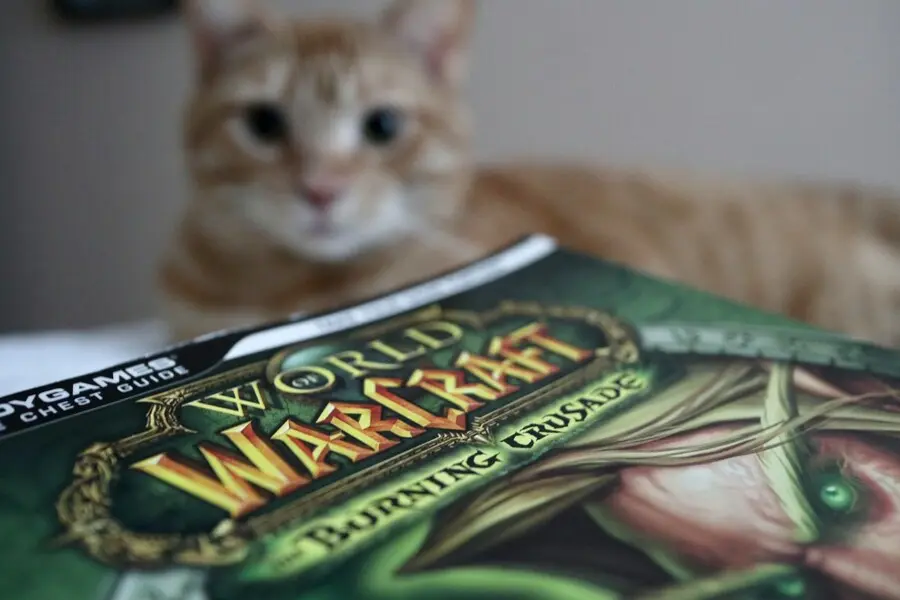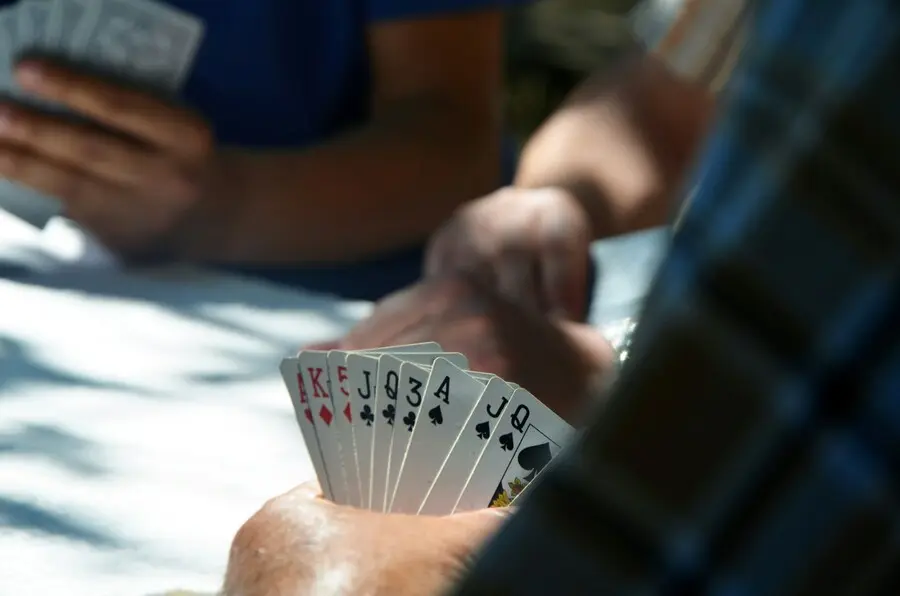Math equations can sometimes be used to describe certain musical performers, and the formula actually helps to identify their particular sound. Pointing out the combinations of more familiar recording artists is the next best thing to getting to hear the unknown artist with your own ears.
With that in mind, take Randy Newman and connect him to Tom Paxton. Then add Loudon Wainwright with Phil Ochs, and your solution would sound something like Biff Rose.
Not much has been heard of the piano playing folk songwriter Biff Rose since he received some acclaim in the late Sixties, after the release of his first album Children of Light. That record, quite influential in spite of unremarkable chart success, hit the store shelves in 1968.
David Bowie was one of the biggest stars to pay tribute to him, as he quoted Biff Rose in one the early albums. The Bowie song “Fill Your Heart”, just one of the many gems on the Hunky Dory album, is a cover version of a tune composed by Rose.
Rose had gone to Hollywood as a writer for comedian George Carlin in the Sixties, deciding soon after to become a recording artist. That decision brought about the debut album Children of Light, now fifty years old.
It is a smorgasbord of musical styles, blending ragtime with Vaudeville while also incorporating folk and classical. Lyrically, however, is where the album really stands out.
Most of the themes are left-leaning, as might be expected from a man who was en,edged in the hippie culture of the West Coast in the Late Sixties. The titles themselves indicate as much, especially “Communist Sympathizer” and “Colorblind Blues.”
On the latter, which was recorded live at the Troubadour in Hollywood, Rose exhibits his characteristic wit.
“Black power, blue power, green power, purple, thanks a lot. At the end of the rainbow there is pot,” he quips. “And I hear it’s gold.”
He parodies capitalism in “American Waltz”, on which Rose’s deft ragtime piano is backed by marching drums.
“The spirit of giving through selling and buying,” he says of the Christmas holiday in the United States. “Cars shaped like bullets with people inside.”
His humor is also apparent on “Ballad of Cliches” and “Ain’t No New Day”, but he proves just as gifted when it comes to serious tunes. “Son in Moon” offers a pointed reflection about man’s abuse of the earth, and “To Baby” serves as a love ode to someone special.
The highlight, however, is the title track, which contains some of Rose’s best piano playing as well as his most memorable lyrics.
“The man who’s afraid will have all kinds of answers, law and order, law and order, we need more law and order,” Rose snarls, perhaps as a stab at the political leaders at the time.
In April of 1969 Rose performed that song on The Smothers Brothers, appearing in the same episode as Ike and Tina Turner. A few months later on Dick Clark’s American Bandstand he sang “Spaced Out” and “I’ve Got You Covered”, the two tracks that are combined to close out the album.
Next came a memorable appearance on the Hugh Hefner weekly variety show, Playboy After Dark. Rose performed the title track before giving way to a future superstar, a twenty year old girl named Linda Rondstadt.
Not much was heard from Rose in the late Seventies, when he nearly disappeared from the music business. In 2018, though, folks hungry for nostalgia should celebrate his debut album’s fiftieth anniversary by digging out this treasure of eleven songs.
Source by Doug Poe












